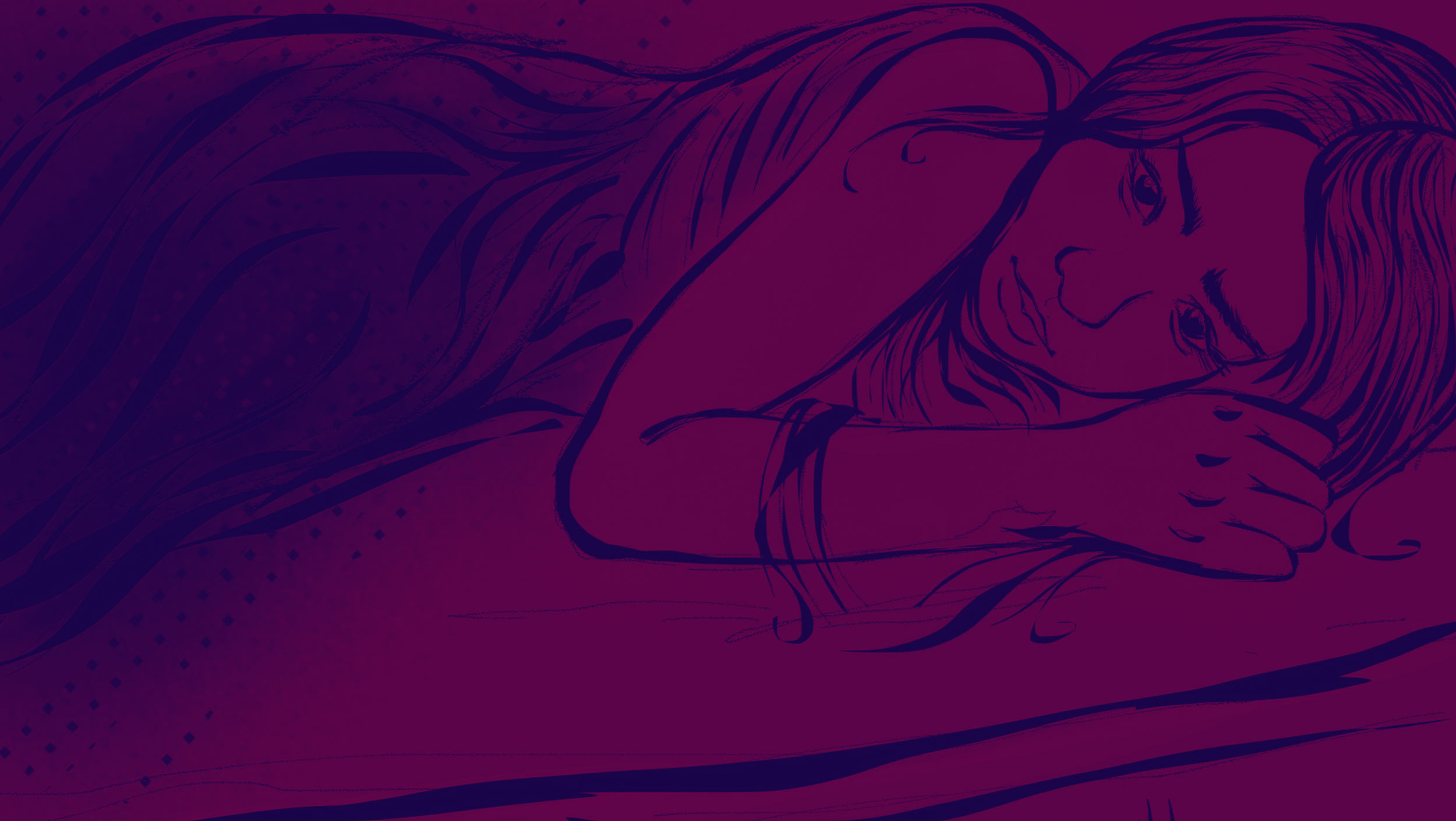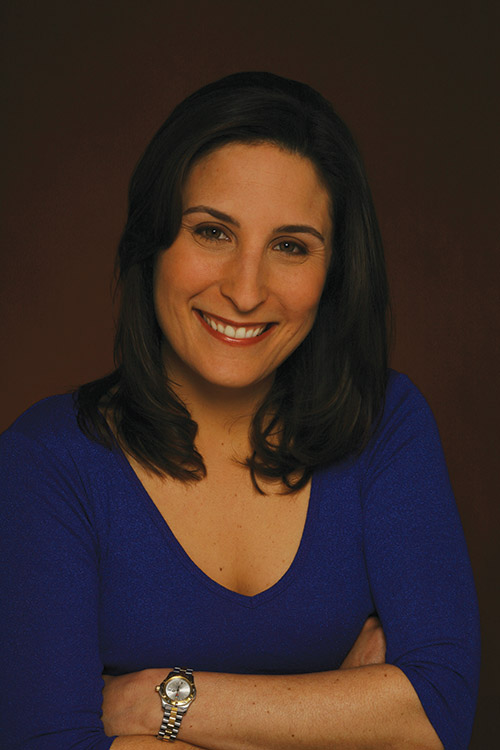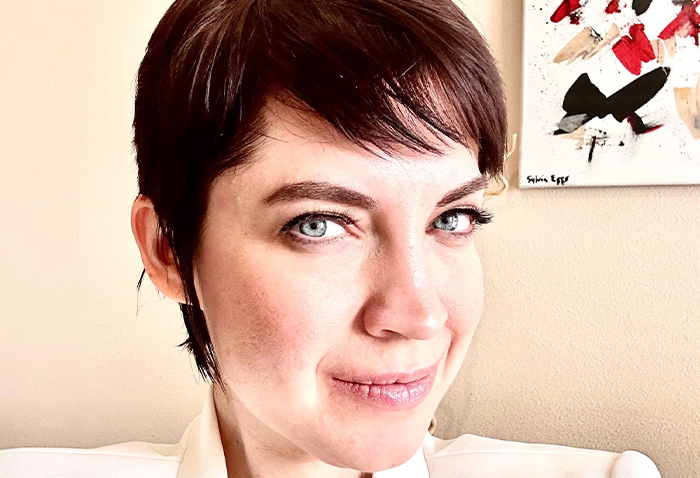
Dating Mean Girls with Rosalind Wiseman
Girls are Mean… and then we end up dating them.
Were girls ever mean to you when you were younger?
Was there ever a time when your best friend stopped talking to you and you didn’t know who you could trust?
Did you ever experience a group of girls acting “cliquey” and excluding you?
Here’s the thing…
Female-female interactions are central to the lives of lesbians and bisexuals. Relationships with women are our primary relationships.
The friendships we had when we were little girls are our earliest relationships with other females (where we built our foundations and expectations.) Yet not all of those early friendships were very nice or wholesome.
Mean Girls.
Almost all females everywhere had experiences (when we were younger) where girls were mean to us.
And it turns out that the girl friendships we had during adolescence (and the lessons we learned from those friendships) has a major impact on how we handle ourselves around other women as adults and also how we handle ourselves in romantic relationships.
This is a big deal.
This is true even for straight women.
But for those of us who grow up to be lesbian or bisexual, our primary relationships are with females.
For those of us who still carry scars and wounds from mean-girl experiences during adolescence, those wounds can be getting in the way of our ability to attract the kinds of women we want to date and build healthy relationships with.
That’s why for women like us it’s extra important to examine our history with girls and to really explore questions like:
how we relate to other females
how much we feel we can trust other females
how well we can maintain healthy boundaries with other females
how confident we can be among other females
The “bible” of girl cliques and girl conflicts…
Rosalind Wiseman is one of the world’s leading experts on girl friendships and girl cliques and girl conflicts and mean-girl behavior. Her New York Times Bestselling book Queen Bees and Wannabes is basically the bible when it comes to these topics. And actually, this book was the basis of the 2004 cult classic movie “Mean Girls” starring Lindsay Lohan that was written by Tina Fey.
As Wiseman puts it, “girl friendships are often intense, confusing, frustrating and humiliating.”
I invited Rosalind Wiseman to be a guest on my podcast so I could ask her questions about these things the perspective of an adult lesbian because I think this topic is really important for women like us who want to attract and date other women without feeling traumatized by upsetting mean-girl experiences from our past.
Competition, coping skills and curious straight girls…
I think you’re really going to enjoy this interview.
We cover a lot of ground exploring the way females relate to each other. In the interview we talk about:
Competition between girls (and, later in life, between women) and how this competition harms our confidence in ways we might not realize
The bad coping skills we tend to learn in our early friendships with girls that affect our relationships later in life in ways that most of us don’t realize
The way our early friendships with other girls can habitualize us to sacrifice our personal boundaries in ways most of us don’t realize
Wiseman’s funny perspective from watching her queer female friends get hit on by curious straight girls

About Rosalind Wiseman
Rosalind Wiseman is a teacher, thought leader and bestselling author of "Queen Bees & Wannabees," the book that inspired the hit movie "Mean Girls," "Masterminds & Wingmen", as well as "Owning Up: Empowering Adolescents to Confront Social Cruelty, Bullying, and Injustice," a new curriculum for middle and high school students. She is the founder of Cultures of Dignity and lives in Colorado with her husband and two children.
Follow her on Twitter at @cultureodignity.
Visit her website.
